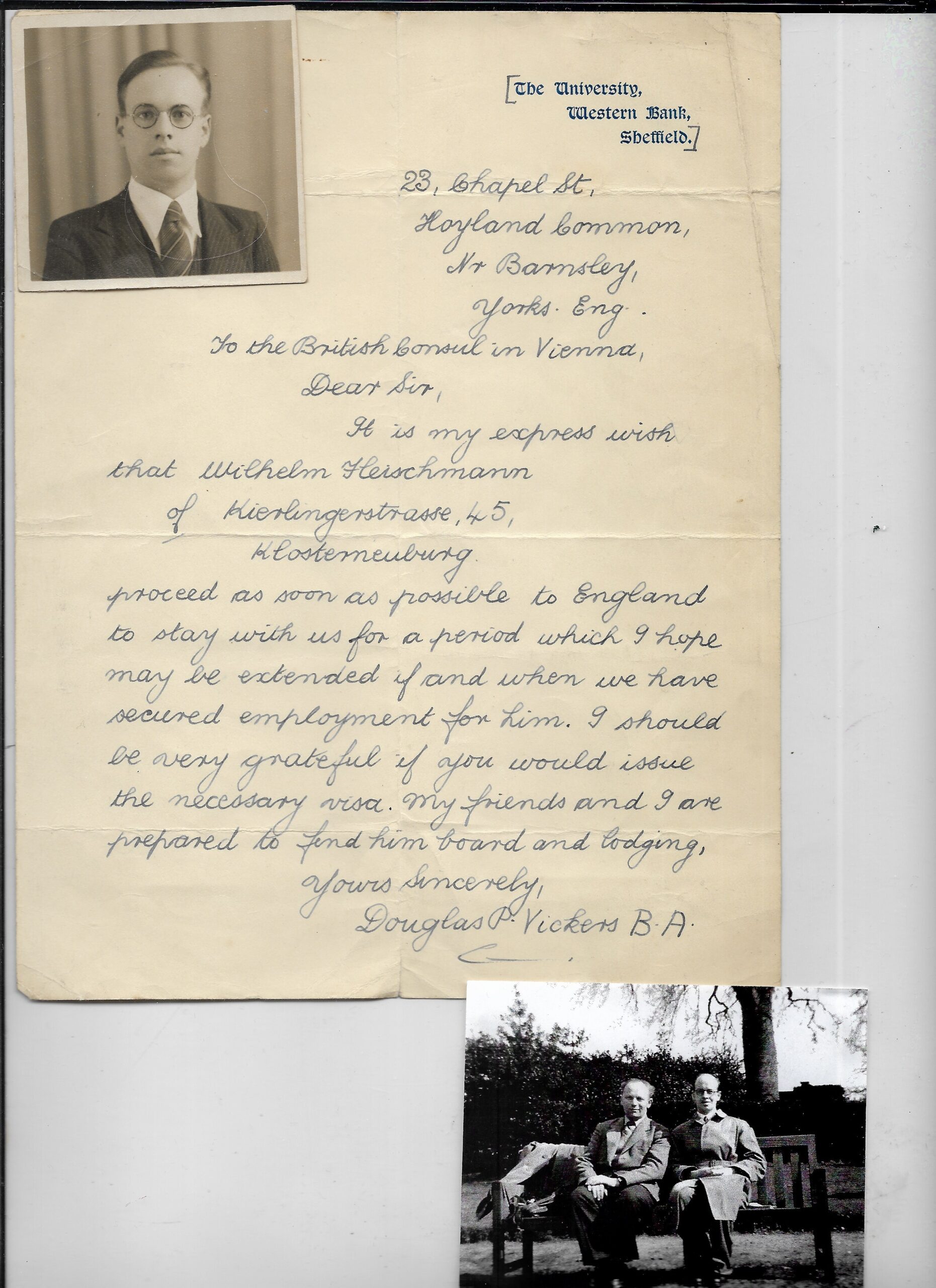Remembrance Day 2022: National biographer shares moving accounts of the brave who have fought for their country

This week 11th of November marks Remembrance Day in the UK and memorial day on Sunday 13th of November; the national day of reflection remembering the brave people who sacrificed their lives to fight for their country. Most of what we know about British history derives from the detailed first-hand accounts of those who witnessed our war-torn country. However, research from the nation’s leading biography-writing service, StoryTerrace, found that almost a third of Brits (29%) worry that these historic legacies in their family will soon be nothing but a distant memory.
The memoir-writing service has helped countless veterans and war heroes document their life stories – including individuals that weren’t able to do so themselves and had family members do so on their behalf – ensuring that their legacies are preserved for future generations before they are forgotten. This comes amidst their findings that over half the nation (56%) say that a lot of their family history is lost because they are no longer able to speak with the person who knows the most about it. Relating to this experience is StoryTerrace’s CEO and founder, Rutger Bruining, whose grandfather’s wartime stories encouraged him to build his story-preserving business.
This week, the memoir-writing service pays tribute to those who fought and witnessed the war and have since had their incredible accounts penned with StoryTerrace – offering a unique perspective into wartime stories that would have otherwise remained unheard.
Speak with Catherine Beall, who recalls the incredible story of uncovering her father’s letters to his brothers during the second world war – documenting how he escaped from Austria, survived internment in WWII and changed his name to escape his past:
Wilhelm Fleishmann, an only child to Jewish parents, was a young successful man whose life in the 1930s was torn apart when the war broke out in Austria. While he was kept in confinement under the Nazi regime, Willhelm began corresponding with his brothers who lived in South Yorkshire, who then forwarded his letters to important government figures. Consequently, through the correspondence with his brothers, Fleishmann was able to escape the horrors of Nazi-occupied Vienna.
Catherine Beall, daughter of Wilhem Flieshmann says:
“The hoards of letters, documents, photos, stamps, and objects travelled with me throughout different stages of my life.I started to read through the documents and letters and began to piece together the story of my father’s tragic life.
“I believe our story needs to be passed onto our children and grandchildren. I want families to learn how important it is to talk and share stories from the past, in the hope that history doesn’t repeat itself.”






